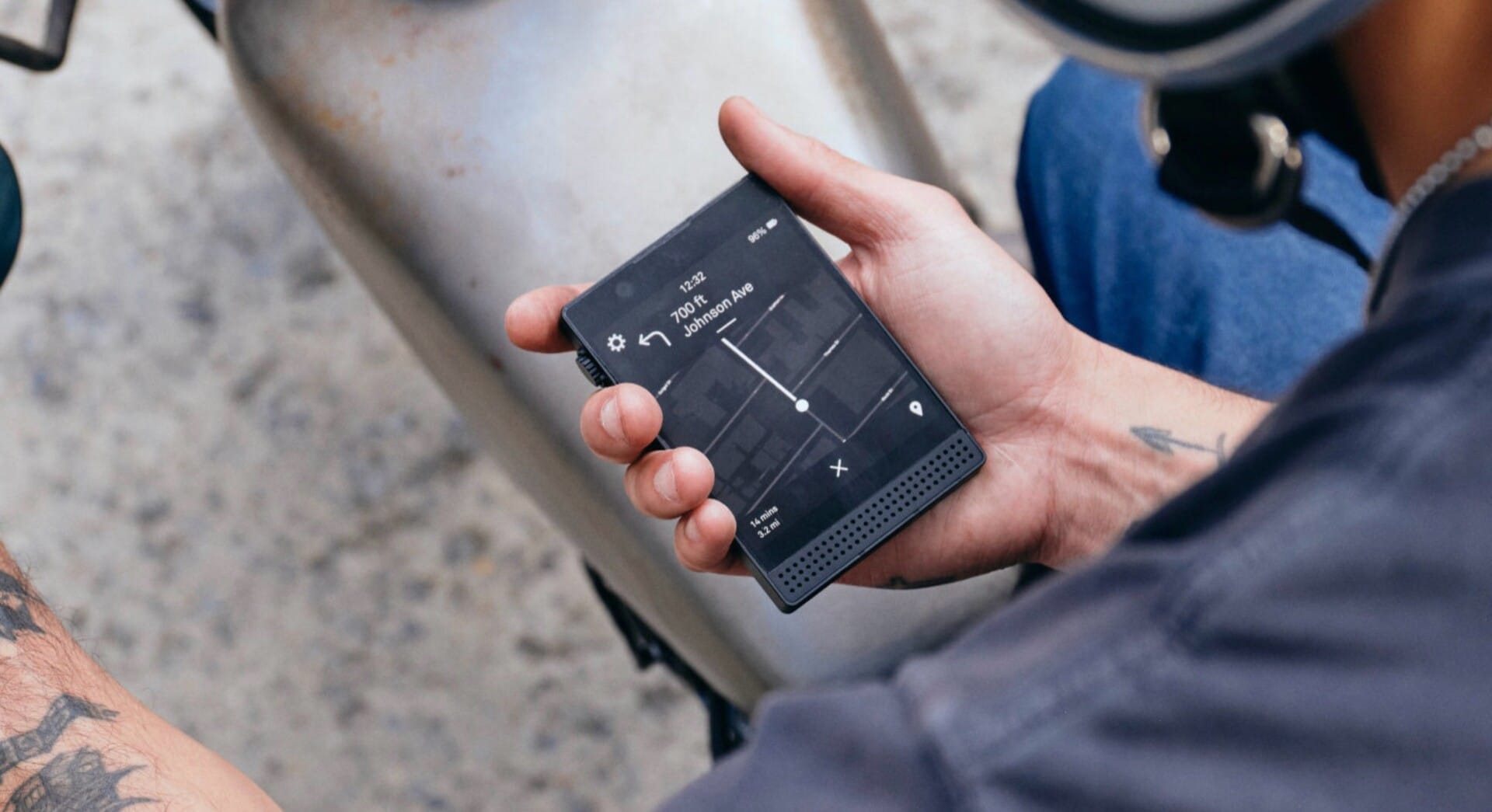The Only True Goal is Boredom

Two scenes:
- A medieval peasant, having worked fourteen hours in the field, sits on a wooden stool watching the sunset. His mind is blank. He feels nothing in particular.
- A modern knowledge worker, having attended eight Zoom meetings, scrolls frantically through TikTok while half-watching Netflix and messaging three different group chats. Her brain fizzes with dopamine and cortisol. She feels everything, all at once.
Which of these people is more bored? The peasant, obviously. Which is more fulfilled? I suspect, controversially, also the peasant.
The hedonic treadmill tells us that humans rapidly adapt to both positive and negative changes in their circumstances. Win the lottery? You’ll be back to your baseline happiness in months. Lose a limb? Same deal. We’re remarkably adaptable creatures, which is both our blessing and our curse.
But there’s something the hedonic treadmill theory doesn’t fully capture: while we adapt to circumstances, we also adapt to stimulation itself. The more we receive, the more we need. It’s not just that the pleasure of a new iPhone fades — it’s that the entire concept of “new phone excitement” becomes harder to access. We need bigger hits, more frequently, just to maintain the same level of engagement.
This is what David Foster Wallace was getting at when he wrote about entertainment as a sort of addiction in Infinite Jest. But he might not have realized just how prescient his vision was. We’ve built a world that’s essentially a massive entertainment delivery system, optimized not for human flourishing but for continuous engagement.
Let’s define boredom properly. I don’t mean the agitated, restless state of scrolling through social media finding nothing interesting. That’s not boredom — that’s withdrawal. True boredom is the state of being completely okay with nothing happening.
The ability to be genuinely bored is, I argue, the ultimate luxury. It represents:
- Freedom from anxiety (anxious people can’t be truly bored — they’re too busy worrying)
- Freedom from addiction (addicts can’t be truly bored — they’re too busy craving)
- Freedom from social pressure (social strivers can’t be truly bored — they’re too busy competing)
- Freedom from existential dread (philosophers can’t be truly bored — they’re too busy contemplating)
Consider successful meditation as a state of intentional boredom. Consider “flow state” as another form of boredom — you’re so absorbed in an activity that your self-conscious mind grows bored and wanders off. Consider deep sleep, the ultimate boredom, as the most restorative state humans can experience.
“Isn’t this just Buddhist philosophy with extra steps?” Well, yes. But also no.
Buddhism advocates for detachment from desire. I’m advocating for something slightly different: the cultivation of boredom as a positive capability rather than the elimination of desire as a path to enlightenment. It’s the difference between learning to enjoy sitting quietly in a room versus learning not to want anything at all.
The modern world is set up to make this nearly impossible. Every surface is covered in advertisements. Every moment of silence is filled with notifications. Every potential second of boredom is murdered in its crib by the entertainment-industrial complex.
This isn’t an accident. Bored people are terrible consumers. Bored people don’t click ads. Bored people don’t make impulsive purchases. Bored people don’t need subscription services or premium content or productivity apps.
If you accept that boredom is the ultimate goal, most of our society’s status games start to look absurd.
Working 80-hour weeks to make partner? That’s just anxiety avoidance. Collecting social media followers? Dopamine addiction. Constantly optimizing your productivity? Fear of silence. Always needing to be “in the know” about current events? Status maintenance.
The truly high-status move in 2025 might be the ability to sit in a room for four hours doing absolutely nothing. Not meditating. Not practicing mindfulness. Not achieving goals. Just existing, bored out of your mind, and being completely okay with it.
But you can’t pursue boredom directly. The moment you try to be bored, you’re not really bored — you’re engaged in the activity of trying to be bored. It’s like trying to fall asleep by thinking really hard about falling asleep.
Instead, boredom has to be approached obliquely.
It’s about creating the conditions where boredom can naturally arise.
This might mean:
- Deliberately using “worse” technology
- Creating long periods of empty time in your schedule
- Refusing to optimize every moment
- Accepting and even welcoming periods of non-productivity
The medieval peasant wasn’t trying to achieve boredom. He was just bored because what else was there to be? Our challenge is to recreate that state in a world designed specifically to prevent it.
A prediction: in the next few decades, the ability to be genuinely bored will become a status symbol. We’re already seeing the early signs — digital detoxes, dopamine fasting, meditation retreats. These are primitive attempts to recapture something we’ve lost.
But they’re still too active, too goal-oriented. The real innovation will be in creating spaces and cultures where boredom isn’t just accepted but celebrated. Where the highest compliment you can pay someone isn’t “they’re so ambitious” or “they’re so interesting” but “they’re so boring.”
The only true goal is boredom. Everything else is just running away from it.
Note: This post was inspired by absolutely nothing happening for several hours, which was delightful.
Discussion